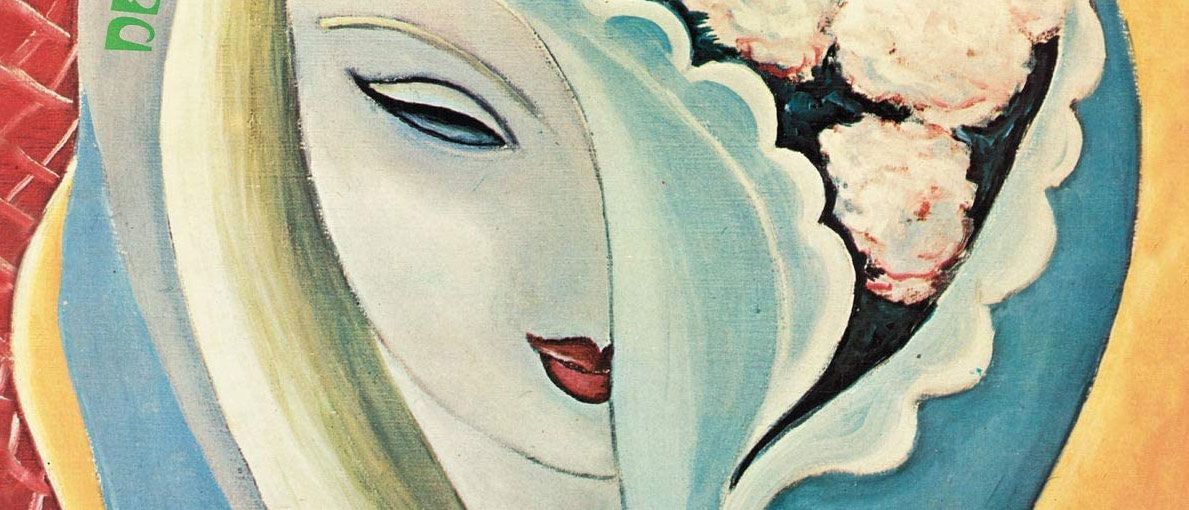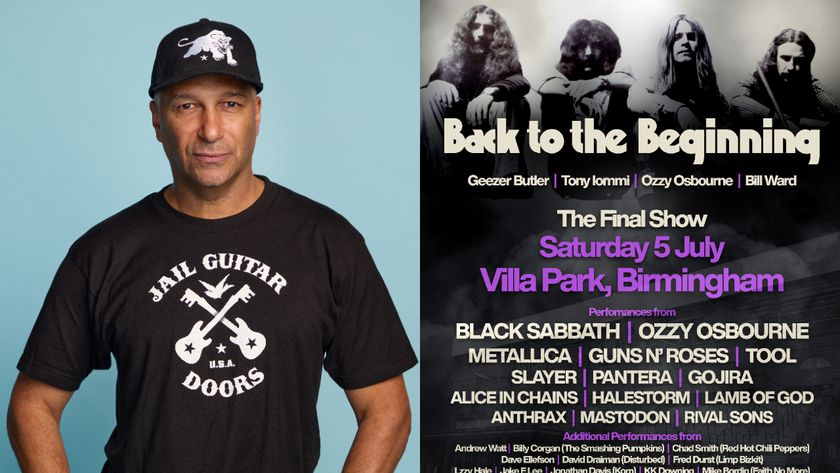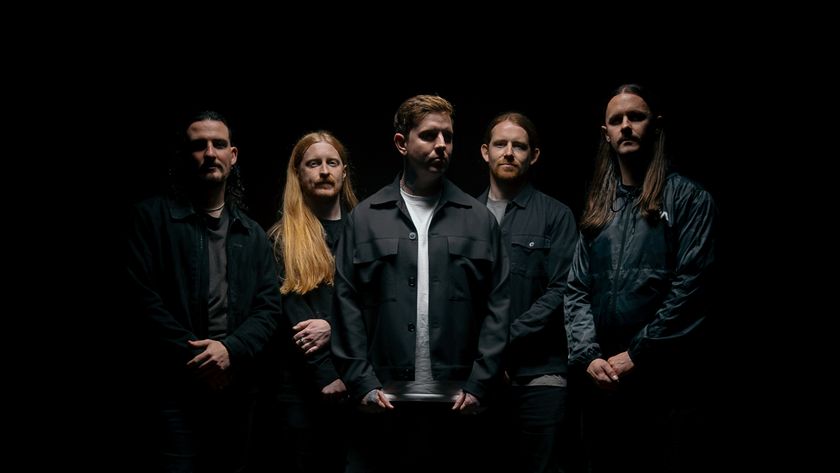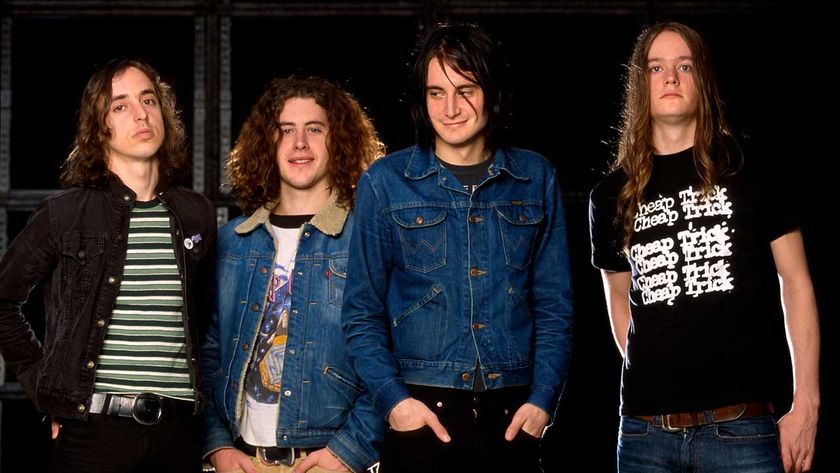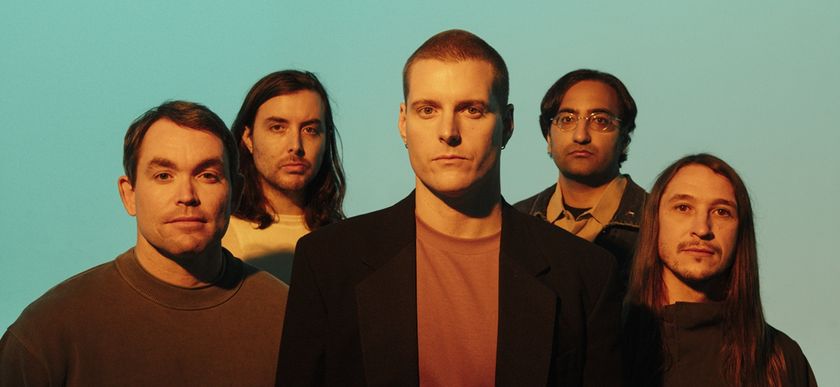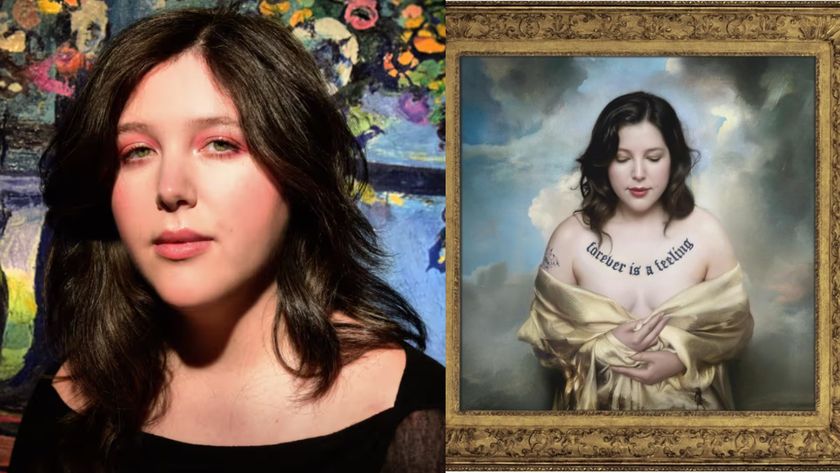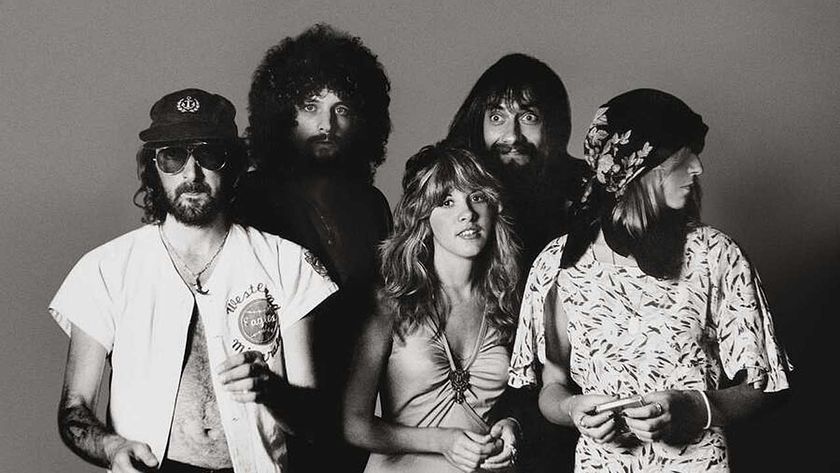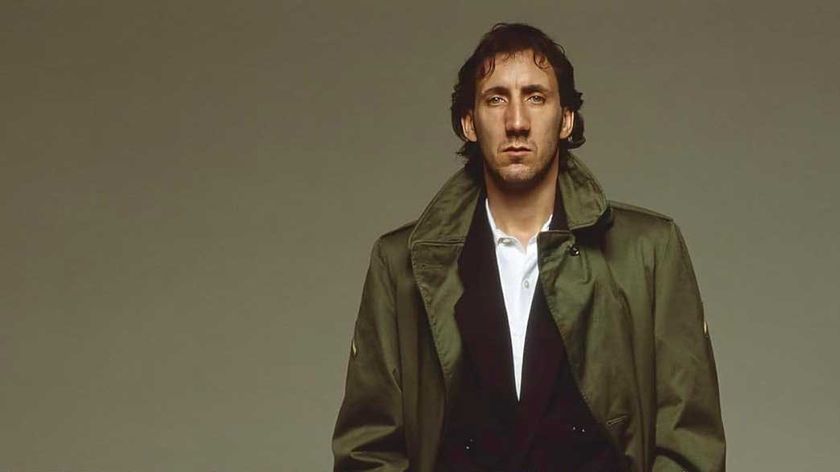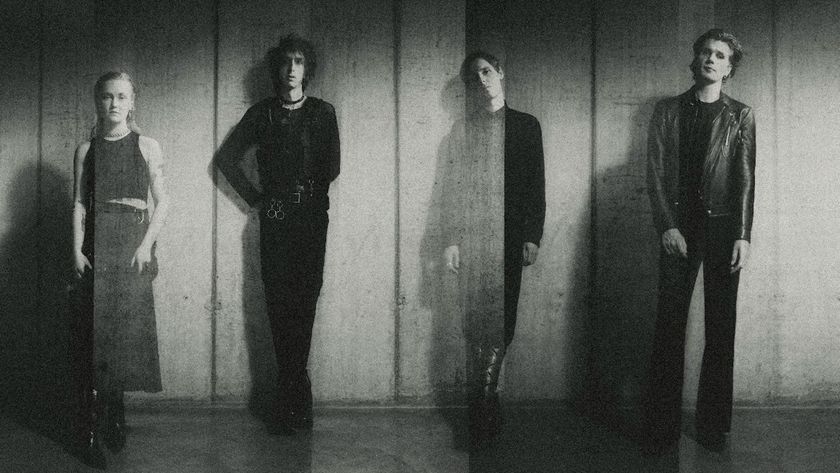The story of Derek And The Dominos and their ever-astonishing sole studio album starts with Eric Clapton craving anonymity after the failure of Blind Faith, and pouring his infatuation with Beatle George’s wife Patti into searing song.
It ends less than a year later, fans initially rejecting Clapton as singer-songwriter instead of guitar hero, album not charting, band disintegrating in a blizzard of hard drugs. Then in ’72 the incandescent title track becomes a hit, igniting Layla And Other Assorted Love Songs’ ascension among rock’s greatest works.
The seeds of the Dominos were sewn by Clapton’s discontent over audiences demanding Cream-like air displays on Blind Faith’s 1969 US tour. Finding solace with support band Delaney & Bonnie, he clicked with keyboard player/singer Bobby Whitlock, bassist Carl Radle and drummer Jim Gordon, and hired them for his self-titled 1970 solo album.
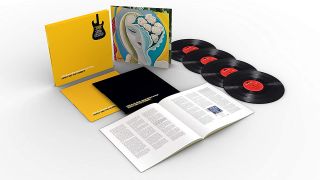
The Dominos (named by Tony Ashton’s mispronounced introduction before their June debut at London’s Lyceum) manifested after Clapton and Whitlock started songwriting together.
After low-profile UK touring, they recorded a (hastily withdrawn) single with Phil Spector, before entering Miami’s Criteria Studios to work with Eric’s old mucker Tom Dowd, who was then producing the Allman Brothers’ Idlewild South.
Magic flew when Clapton jammed with mutual fan Duane Allman, their stratospheric dogfights gracing the work-in-progress, including the epic title track. The sessions were one of those rare occasions when the drugs did work, cocaine’s wired storm and heroin’s soothing calm forging a dynamic musical speedball on the supercharged Keep On Growing, southern-rocking Anyday, Hendrix tribute cover Little Wing, racked ballad Bell Bottom Blues and several blues standards.
Half a century later, the album is still being celebrated, half-speed mastering enhancing its dense, skyscraper catharsis and majestic blues on double vinyl.
Packages include the 40th-anniversary set’s extras debut on double wax, including punk-speed Spector single Tell The Truth, and a TV appearance on The Johnny Cash Show that unveiled the wasted optimism of Got To Get Better In A Little While. The latter towers among tracks started in May ’71 for a second album, including Evil’s Fleetwood Mac hoodoo and High’s jazz-funk jamming.
Then they were gone, facing addiction, jail or death, leaving the musical combustion captured and bolstered on this well-deserved monument.
